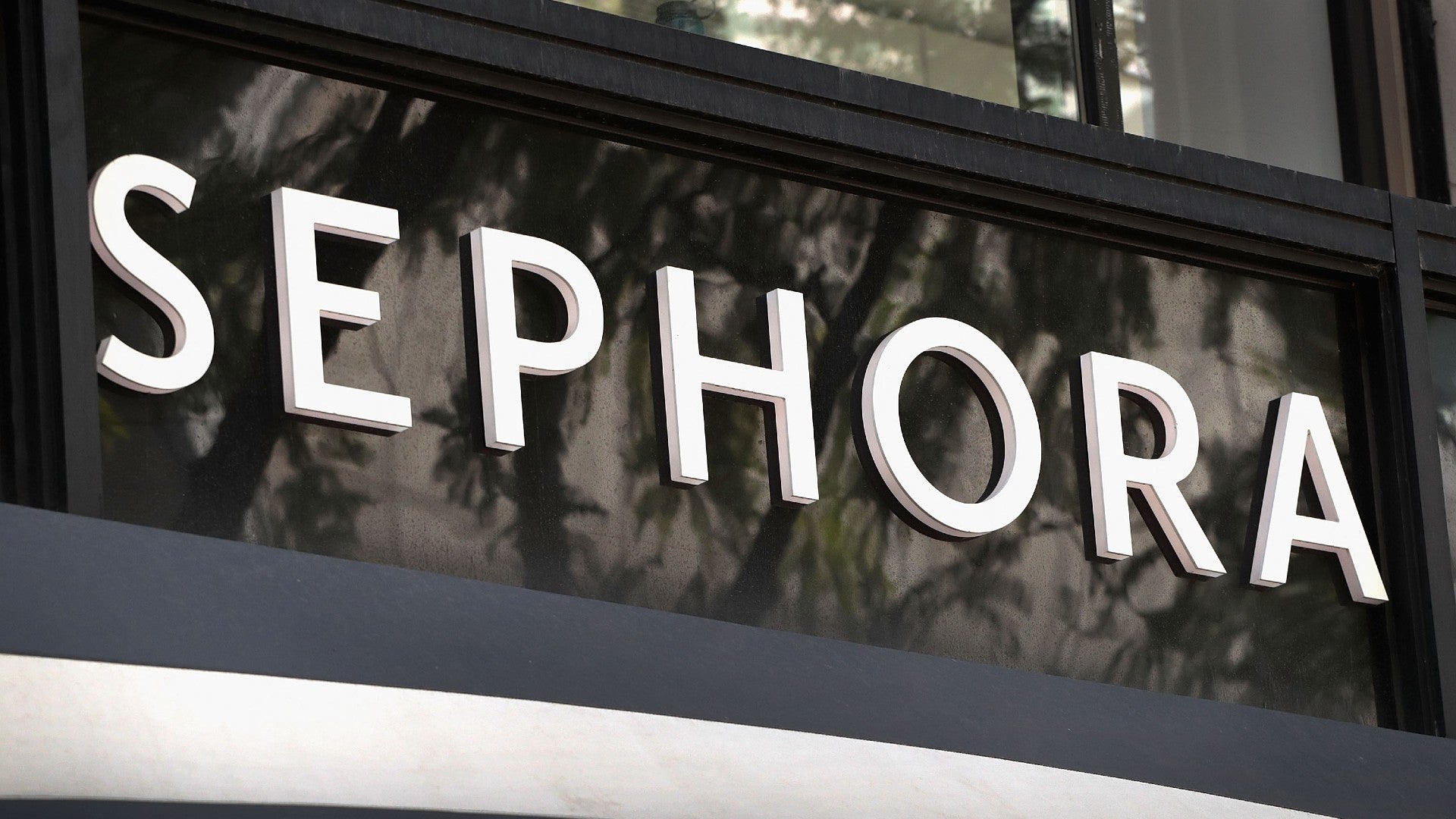
Nearly two weeks ago, as companies within the fashion and beauty industries began to get called out for their silence while protestors took to the streets to fight racial inequality and injustice, Aurora James took to Instagram to challenge those brands. She charged them to commit to buying 15 percent of their products from Black-owned businesses. She specifically called on Target, Saks, Net-a-Porter and Sephora, among others, to make what she called the 15% Pledge.
“So many of your businesses are built on Black spending power…. This is the least you can do for us. We represent 15 percent of the population and we need to represent 15 percent of your shelf space,” James wrote.
Today, Sephora announced that it is making the footwear designer’s pledge. The retailer is committing to all three stages of the pledge, which includes auditing in order to take stock of where it currently is in representation, looking at its existing shelves, boardrooms and receipts, taking inventory of how many Black-owned businesses it is buying from and how many Black women are in its C-suite. The stages also include companies taking ownership and planning to hold themselves accountable to the pledge and taking direct action with a planned strategy while updating the community along the way.
“We were inspired to make the 15% Pledge because we believe it’s the right thing to do, for our clients, our industry and for our community,” says Artemis Patrick, EVP and CMO at Sephora. “Ultimately, this commitment is about more than the prestige products on our shelves; it starts with a long-term plan diversifying our supply chain and building a system that creates a better platform for Black-owned brands to grow, while ensuring Black voices help shape our industry. We recognize we can do better and this pledge builds on our ongoing work to use our resources to drive meaningful and long-term change for Sephora and our industry.”
The company outlined several steps of the plan, including “building capacity for businesses through partnerships with funders and the VC community, bringing all of Sephora’s knowledge freely to the table so aspiring founders can start on the right foot, incubating companies to thrive and ensure long-term success, and evolving Sephora’s own programs, including its Accelerate program,” which was started to help more female founders get access to funding and successful launches.
Today the program includes nine Black-owned brands out of 50 and will shift next year to focus on women of color and create an advisory group that will serve as a counsel for the retailer.
Sephora explicitly said that making this pledge means taking on more Black-owned brand partners. And while a rep for the company explained that it is still in the planning stages for the advisory group, James has already agreed to participate. Additionally, Sephora will be looking to include founders of Black-owned prestige brands to the counsel—the final list will be shared with the community once established.
The company had also been called out by consumers just days ago on Sharon Chuter’s Pull Up For Change campaign, which challenged beauty brands to be transparent about how many—or how few—Black employees they have in corporate and leadership positions.
Campaign followers had a lot to say after Sephora revealed that it has 14 percent Black representation across the United States and 6 percent in leadership, including on the store level, at distribution centers and in its corporate office.
“Would love to see these numbers six months from now to see if they really back up what they say,” wrote one follower. “Everyone wants to do better and accepts the accountability but let’s see what it looks like in a couple of months. And I won’t even give them a year ’cause it doesn’t take that long for these changes.”
This pledge looks like Sephora’s way of saying challenge accepted. So we’re looking forward to seeing what changes we’ll see in the coming months and whether the retailer can influence other industry giants to follow suit.